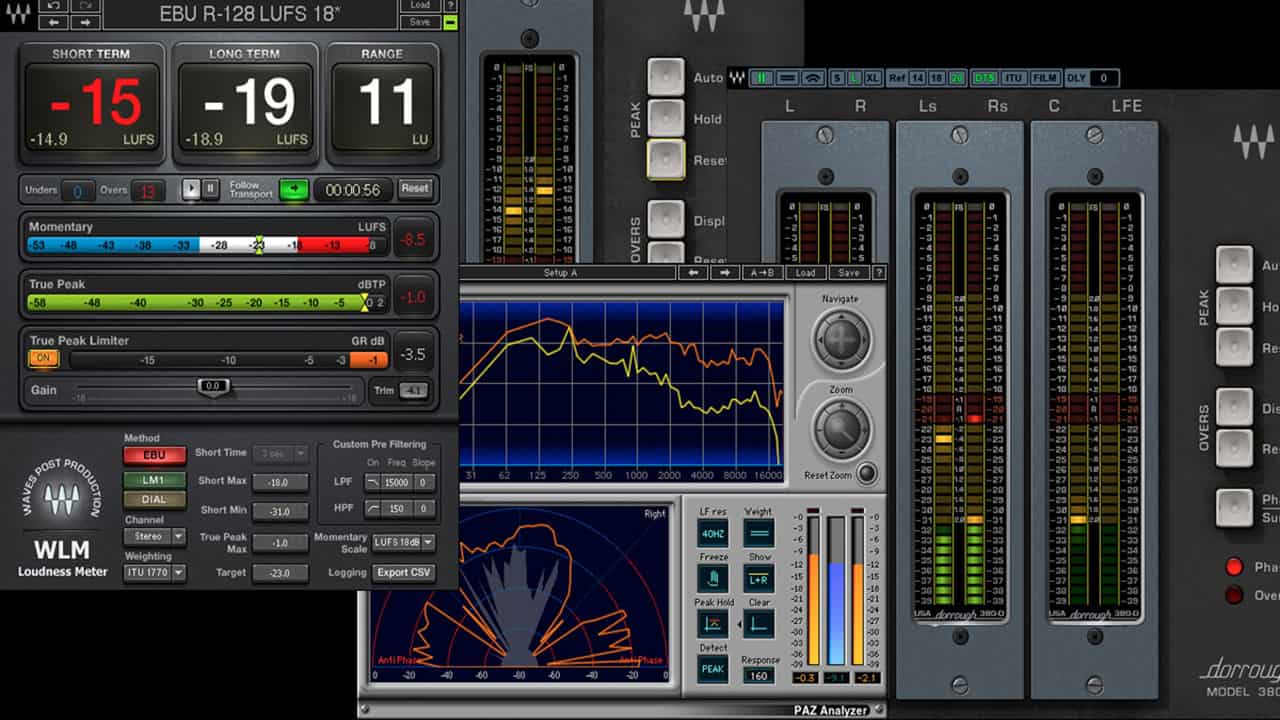Welcome! In this tutorial series we will be learning how to create audio plugins that run as VST, VST3, AU, RTAS, AAX or as a standalone application.

Calling it maven-plugin (note 'Maven' is at the beginning of the plugin name) is strongly discouraged since it's a reserved naming pattern for official Apache Maven plugins maintained by the Apache Maven team with groupId org.apache.maven.plugins. Using this naming pattern is an infringement of the Apache Maven Trademark. So the Java wrapper doesn't look to be thank great. It doesn't support vst3, which is 8 years old now, and I question Java's ability to make good vsts, GC pauses could be a problem. I've never done it before though so that's just speculation.
Audio plugins are programs that are loaded into a host software (such as Ableton Live, Logic or REAPER). They process Audio and/or MIDI data and can have a graphical user interface. Here are three examples (U-He Zebra, Sonalksis FreeG and D16 Decimort):
As you can see, the GUI usually contains some controls (the knob being the most common) that change how the plugin processes incoming data. A plugin has presets (in the screenshot they’re called Combo and Emulator) that store all knob positions and other values.
We’ll start with a simple distortion plugin. After that, we’ll create this subtractive synthesizer plugin step by step:
Write Vst Plugin Java Jdk
We will use C++ and the WDL-OL library. It is based on Cockos WDL (pronounced whittle). It basically does a lot of work for us, most importantly:
- Ready-made Xcode / Visual Studio Projects
- Create VST, AudioUnit, VST3 and RTAS formats from one codebase: Just choose the plugin format and click run!
- Create 32/64-Bit executables
- Make your plugin run as a standalone Win/Mac application
- Most GUI controls used in audio plugins

It also gives you most GUI controls used in audio plugins, and some commonly used audio algorithms like for example resampling. This forum thread has screenshots of a lot of plugins that were done using WDL.
The different plugin formats all do more or less the same, so normally there would be a lot of copy & paste in your code. As a programmer you want to stay DRY, so sooner or later you’d write an abstraction layer over the different formats. This work has already been done in the form of IPlug, which is a part of WDL. These are the annoying parts of audio plugin development, so we can now focus on the fun stuff, such as:
- How the plugin processes incoming Audio/MIDI
- What the plugin looks like
- How it integrates with the host (automation, presets, etc.)
Write Vst Plugin Java Plugin
Another good thing about WDL is its permissive license: You can use it freely for commercial applications. See the links above for details.
How we will do this
Write Vst Plugin Java Plugins
The chase is better than the catch.